African painted dogs are a magnificent species known for the mottled tapestry of their fur, bestowed in patterns unique to each of them. They also have large, cartoon-like ears that allow them to hear pack members across long distances and form powerful social bonds with each other. Sadly, they are also known for being a Critically Endangered species, with less than 7,000 painted dogs remaining in the wild, a far cry from the more than 500,000 that used to wander across 39 countries. Based in Zimbabwe—one of the last havens for painted dogs—Painted Dog Conservation (PDC) is committed to improving their fate.
PDC works closely with local community members to reduce threats to painted dogs caused by human encroachment. PDC’s work cultivates appreciation for both painted dogs and conservation efforts through activities that provide tangible benefits to community members, such as employment in anti-poaching initiatives, since poaching is the greatest threat to painted dogs’ survival.
Painted dogs are extremely susceptible to wire snares used for illegal bushmeat poaching. Painted dogs travel across wide swaths of land to hunt, increasing their chances of encountering snares that have been set for other animals, such as antelope, which are also prey for painted dogs. If a painted dog goes missing, its pack members will go looking for it, creating a scenario where more painted dogs are put at risk when they venture out in search of their lost member. Because every pack member serves a unique role in the well-being of the pack, the loss of one member can lead to the demise of an entire pack.
In Zimbabwe, socio-economic factors and poor land management have fostered a thriving environment for poaching. This situation was exacerbated by the COVID-19 pandemic, which significantly reduced the safari and tourism industry that provides income for so many local families. Below-average rainfall also devastated those who relied on subsistence farming. This created a ripe environment for an increase in poaching. PDC is dedicated to improving local economic opportunities that deter poaching, especially snaring, as a means for livelihood. Their initiatives include anti-poaching units comprised of local community members who recover snares and maintain a presence in the area with their patrols.
The PDC Anti-Poaching Unit initiative has been led by Enock Zulu since 2010. Recipient of the Wildlife Warrior Award by Houston Zoo in 2016, Enock oversees the community engagement-based strategy to mitigate anti-poaching activities outside Hwange National Park in Zimbabwe. Under Enock’s direction, volunteers have set up their own anti-poaching units, such as the Mabale Community Volunteers, Nabushome Community Volunteers, and Dopota Community Volunteers, all of whom became even more crucial to anti-poaching efforts during the pandemic. The commitment of Enock and his teams that patrol the land daily are integral to the survival of painted dogs.
Recent granting from the WCN Emergency Relief Fund enabled Painted Dog Conservation to employ more local community members as full-time members of Enock’s teams during the peak of the pandemic. Anti-poaching units in Mabale increased patrols from 210 to 363, leading to the dismantling of almost 3,000 snares. The grant helped provide each member of the unit with daily wages, uniforms, and basic camping equipment needed for their work.
Connecting the livelihood of the local community with the preservation of an endangered species is the conservation sweet spot—and will help to ensure painted dogs can roam their range for generations to come.
Support Painted Dog Conservation
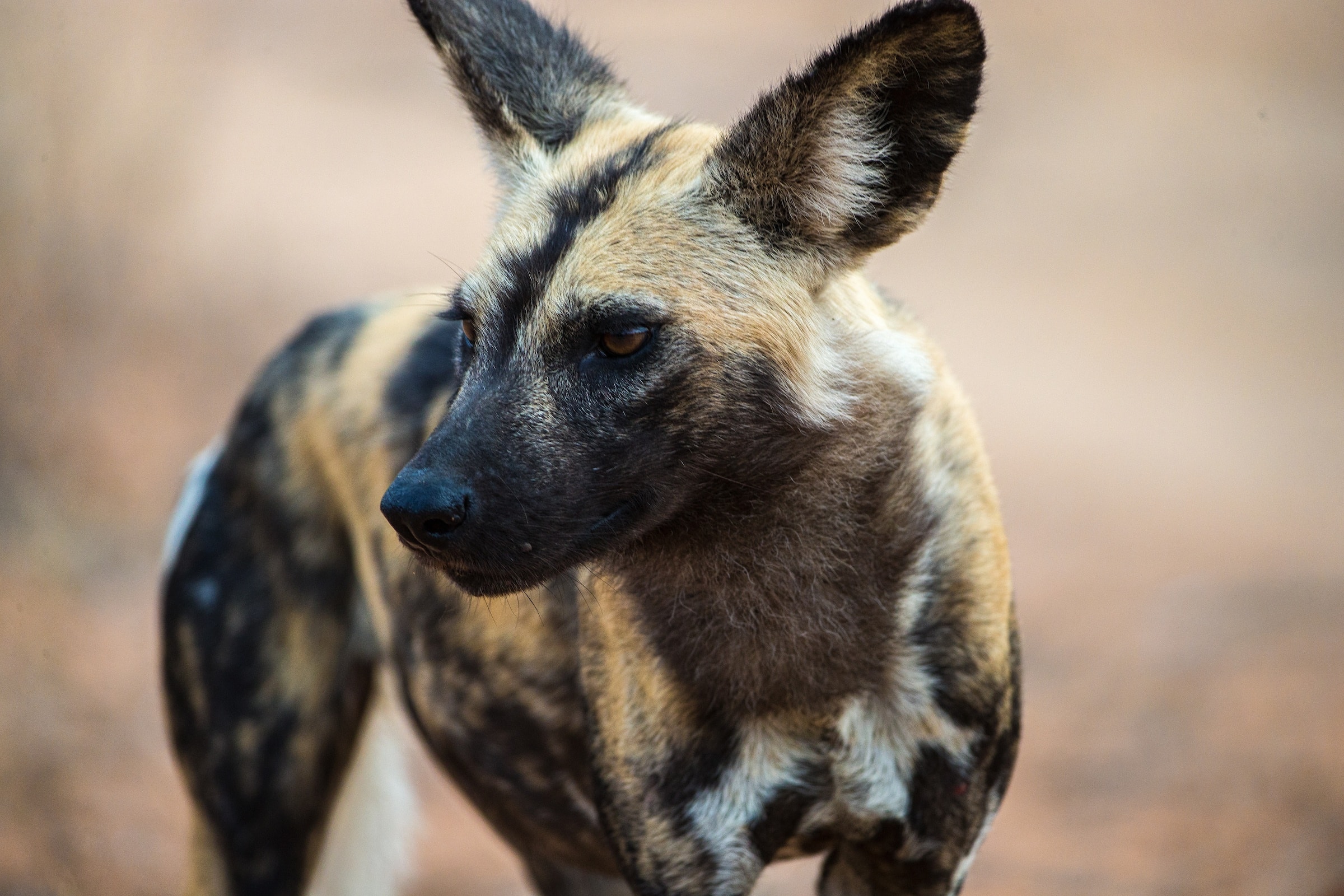
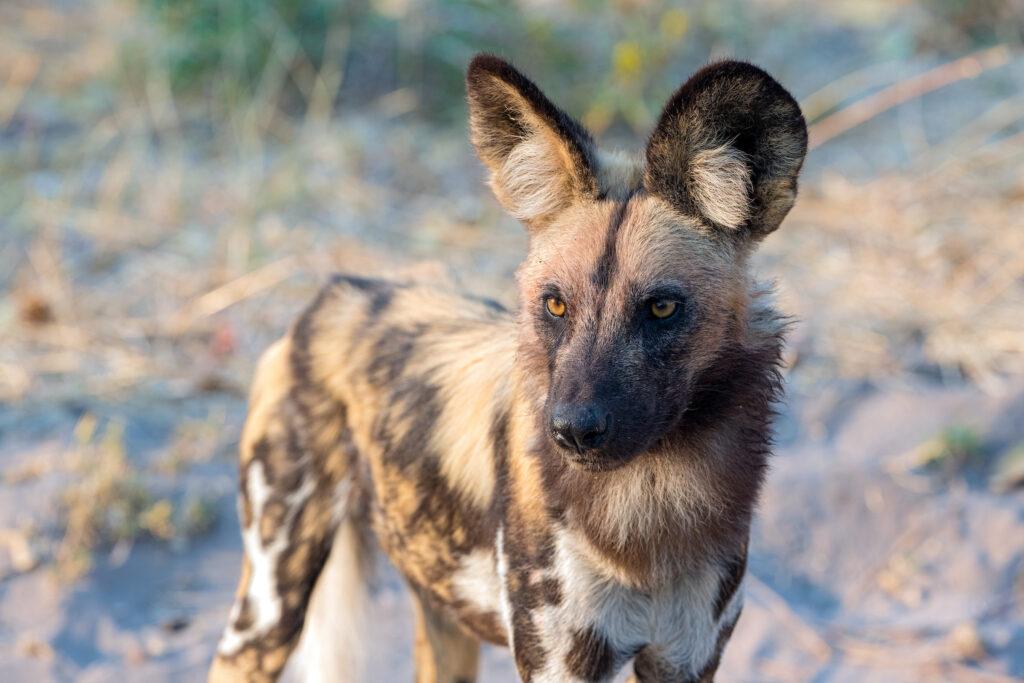
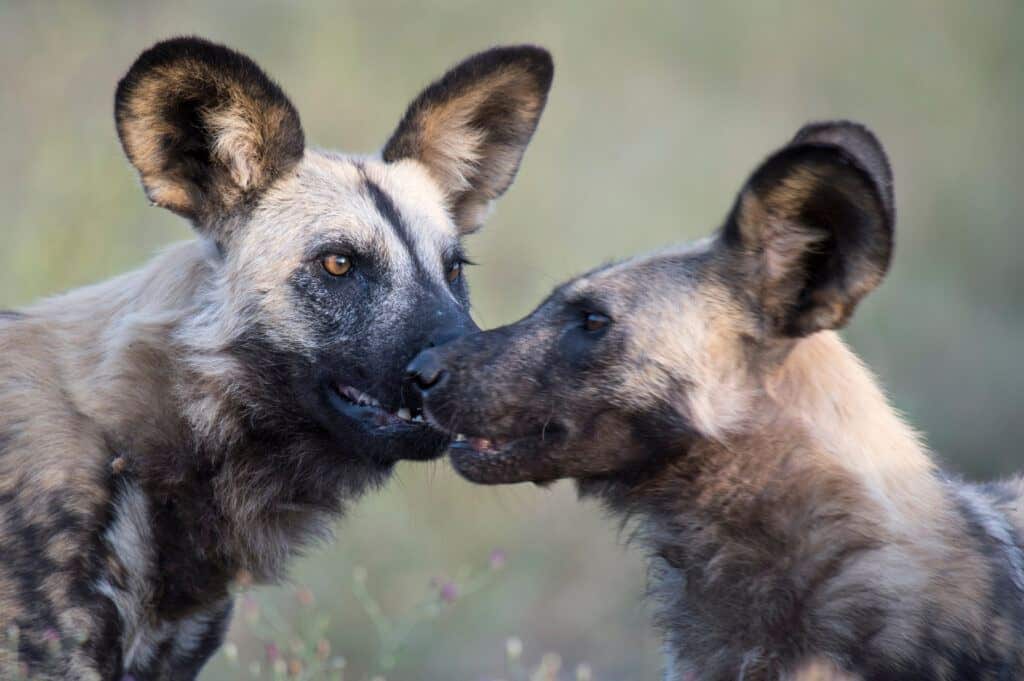
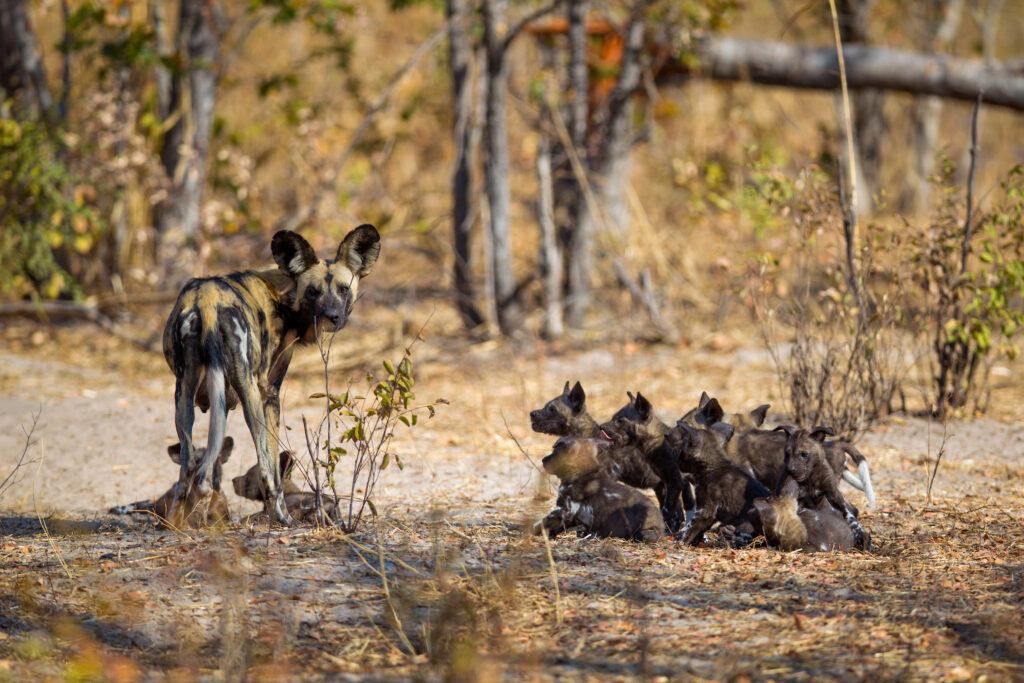
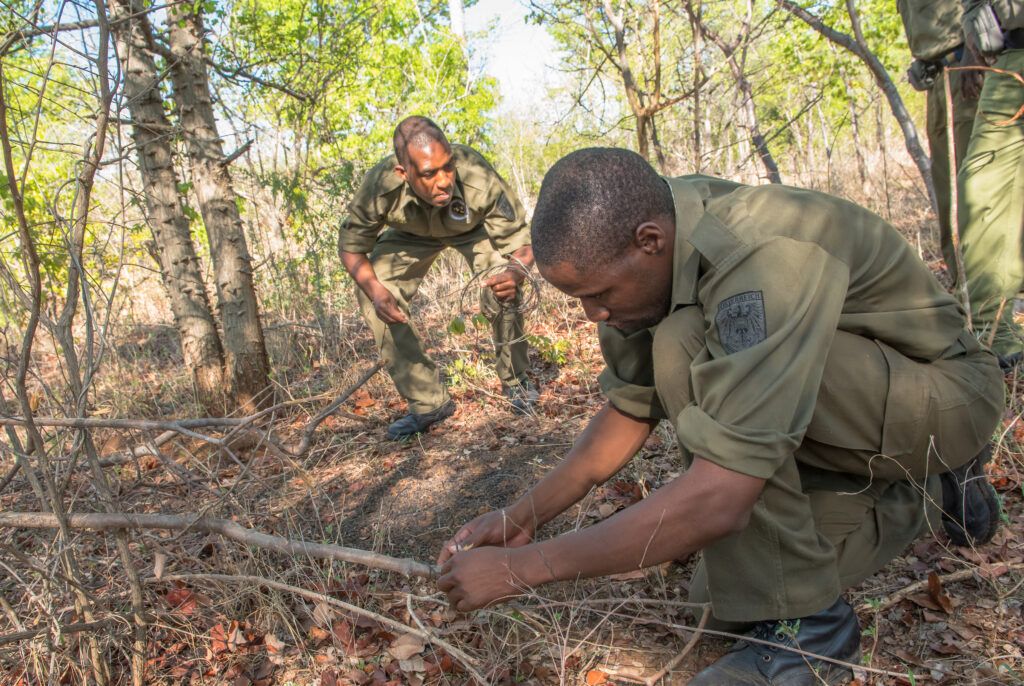
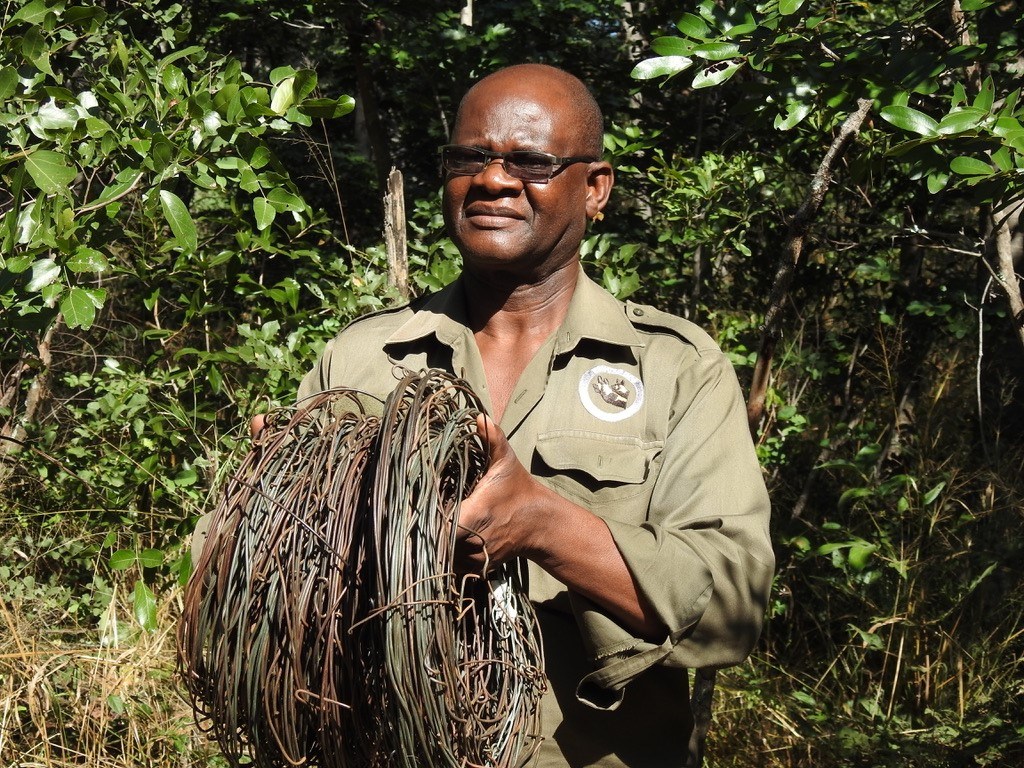
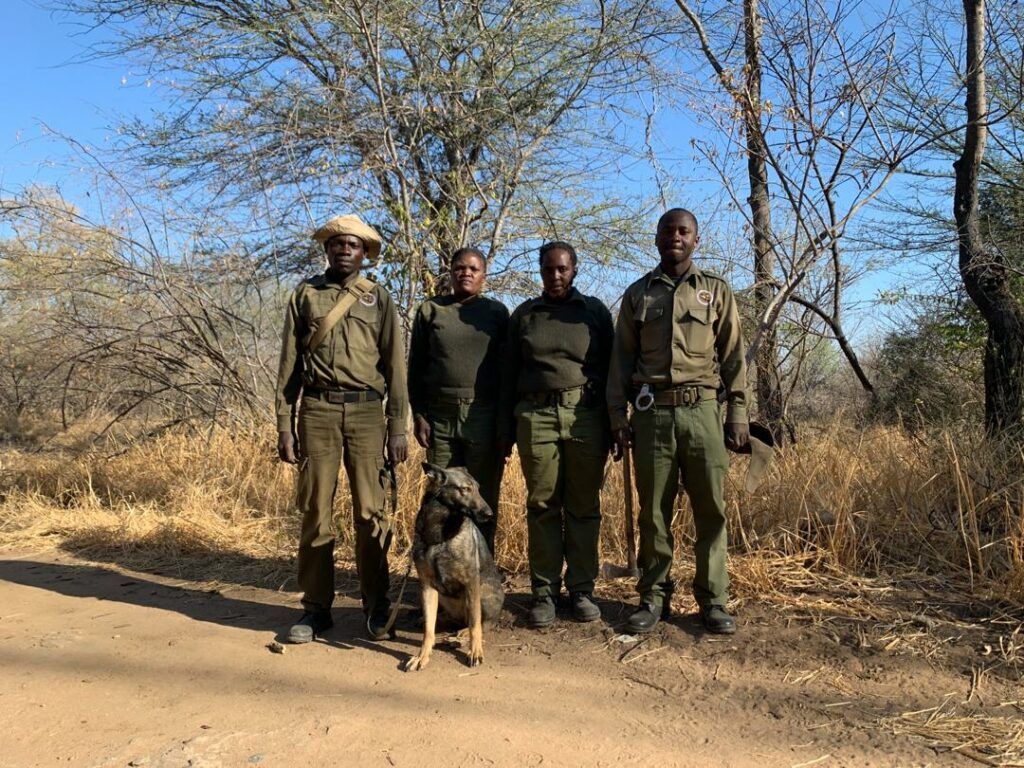
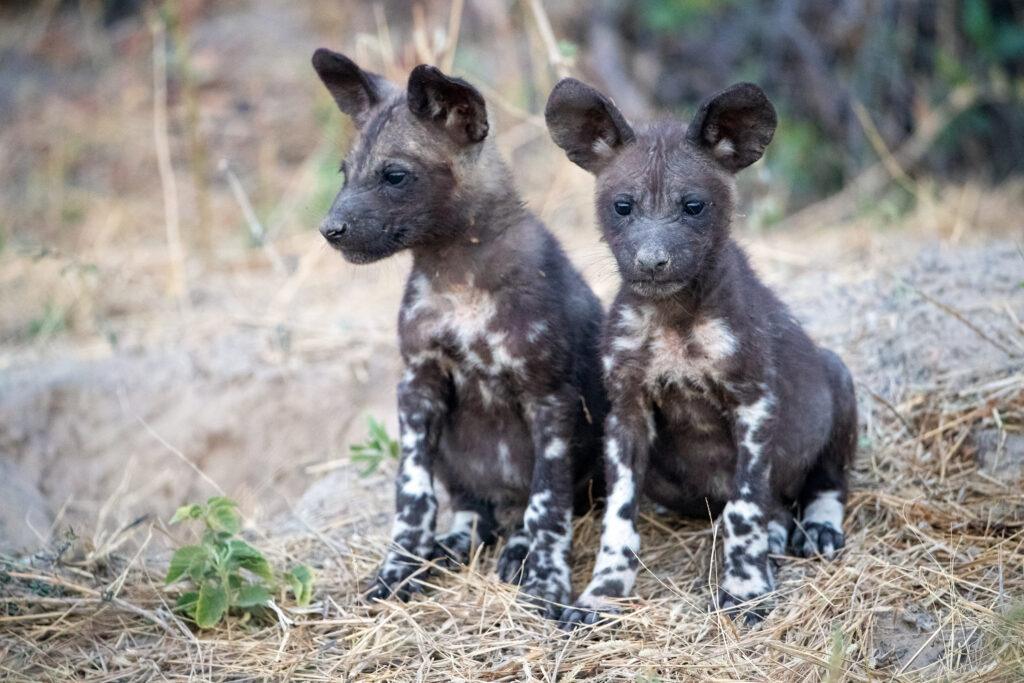
4 Comments